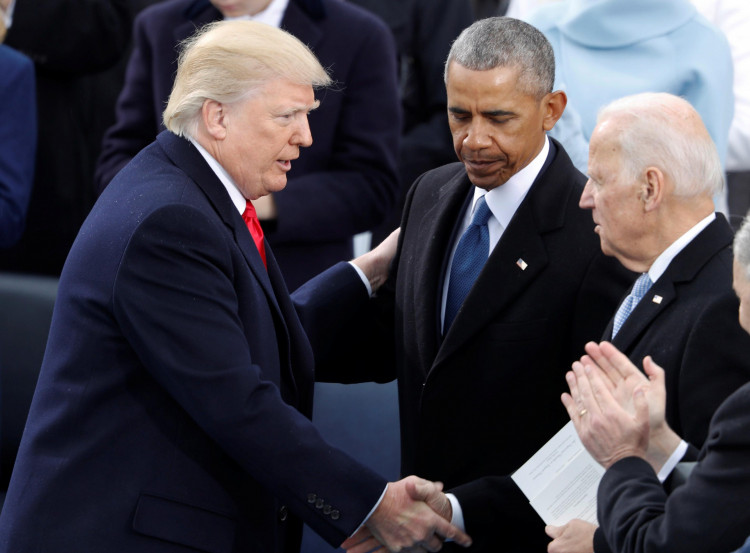Former President Donald Trump recently sparked attention with comments on Fox News, where he appeared to confuse current President Joe Biden with former President Barack Obama. During his conversation with host Sean Hannity, Trump discussed the concept of presidential immunity, citing a hypothetical scenario where Obama, seemingly referred to as the current president, could face indictment for military actions.
Trump's remarks suggested that without immunity, presidents would be vulnerable to legal action for decisions made in office, potentially hindering their ability to govern effectively. He cited an example where Obama supposedly ordered missile strikes that mistakenly hit civilian targets, implying that such errors, despite good intentions, could lead to legal consequences post-presidency.
These statements were quickly picked up by media outlets, with some commentators expressing concern about Trump's mental acuity. Joe Scarborough, host of MSNBC's "Morning Joe" and a former Republican congressman, remarked, "Donald Trump is not well, we know this. He really does think that Barack Obama is still president of the United States."
Trump's legal team has been advocating for his immunity from prosecution in the election interference case brought by Special Counsel Jack Smith. In a recent court appearance, Trump's lawyer John Sauer argued that past presidents like George W. Bush and Bill Clinton were not criminally charged for controversial decisions made during their tenures.
The argument centered on the idea that if a president can be prosecuted after leaving office, it would set a precedent that could undermine the presidency's independence and effectiveness. Sauer expressed concern that presidents would constantly need to worry about legal repercussions for their actions, potentially paralyzing decision-making processes.
However, the judges in the case pressed for clarity on whether a Senate conviction is a prerequisite for a president to face prosecution, a point on which Sauer seemed hesitant to provide a definitive answer. The debate also touched on extreme hypothetical scenarios, such as a president ordering assassinations or selling military secrets, questioning the extent of presidential immunity in such cases.
Amidst these legal debates, Trump has continued to assert his political influence, confidently anticipating favorable outcomes from the Supreme Court. He has also addressed concerns about his potential removal from ballots in various states, expressing belief in the voters' right to make their choice.
The situation underscores the ongoing legal and political challenges facing Trump, as well as the broader conversation about the limits of presidential power and accountability.






